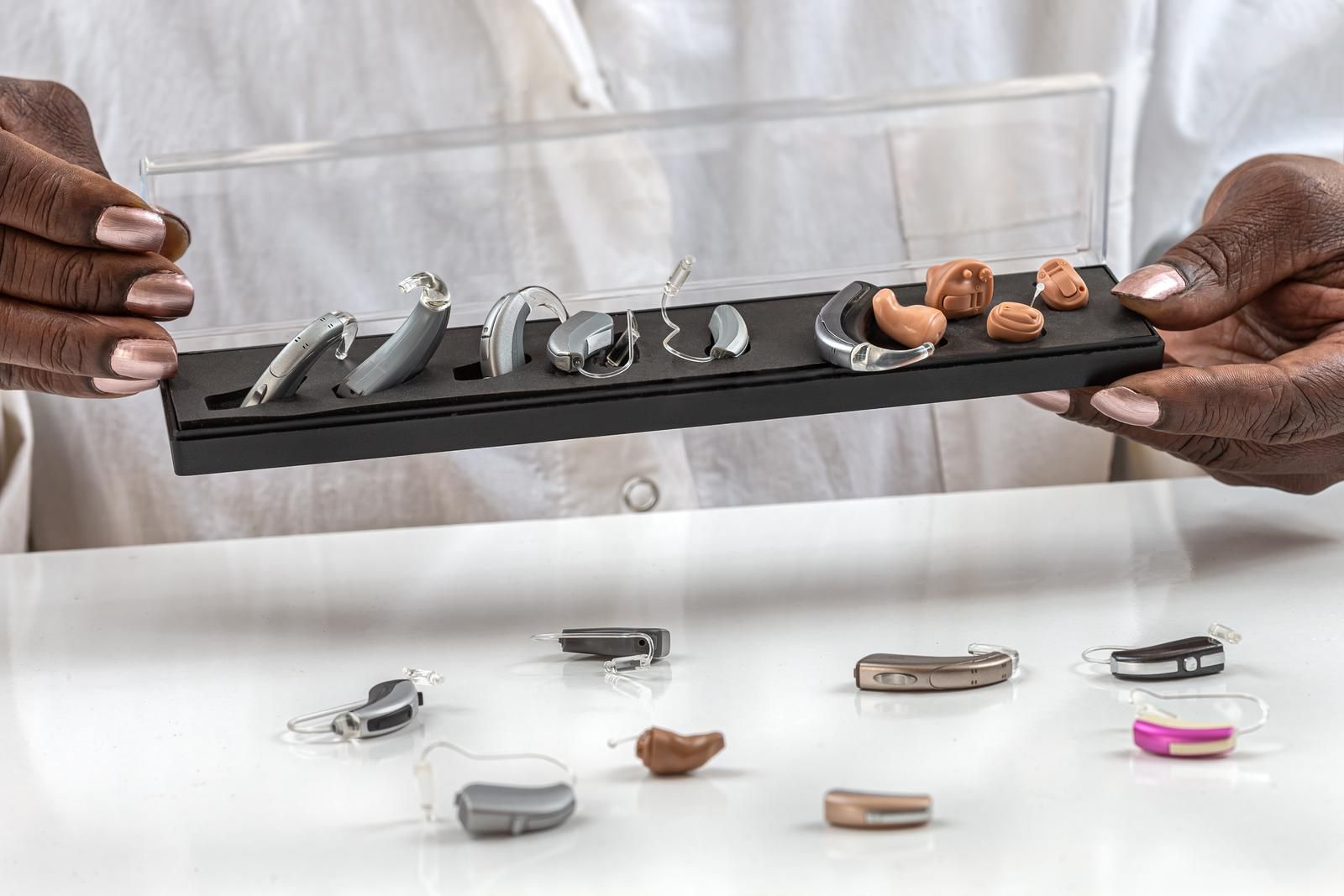Can Tonsil Stones Cause Fatigue? The Surprising Connection
How Tonsil Stones Might Be Draining Your Energy – And What to Do About It
If you’ve ever had tonsil stones (those pesky white or yellowish lumps in the back of your throat), you know they can cause bad breath, throat irritation, and even discomfort. But could they also be the reason you’re feeling constantly tired?
In this blog, we’ll explore whether tonsil stones can contribute to fatigue, how they might affect your energy levels, and what you can do about it.
What Are Tonsil Stones?
Tonsil stones, also called tonsilloliths, are small clumps of hardened debris that form in the crevices of your tonsils. These crevices, called tonsil crypts, can trap bits of food, dead cells, bacteria, and mucus. Over time, this gunk hardens into stones that often look like tiny white or yellow specks.
They’re common and usually harmless, but they can cause symptoms like:
- Bad breath (halitosis)
- Sore throat or discomfort
- A feeling of something stuck in the back of your throat
- Difficulty swallowing in some cases
- Ear pain
The Link Between Tonsil Stones and Fatigue
Now to the big question: Can tonsil stones cause fatigue?
The short answer is: not directly. Tonsil stones themselves don’t produce toxins or infections that would drain your energy. However, there are a few ways they could contribute to fatigue:
1. Chronic Inflammation and Immune Response
Your tonsils are part of your immune system. When tonsil stones form, they can cause low-grade chronic inflammation, forcing your body to constantly fight off bacteria. This ongoing immune response can make your body work overtime, often leading to feelings of fatigue and exhaustion.
2. Disrupted Sleep Due to Discomfort
If tonsil stones are large or irritating, they might cause:
- Throat discomfort that makes it hard to sleep
- Reflex coughing at night, interrupting deep sleep
- Sleep apnea-like symptoms if they obstruct airflow
Poor sleep quality is a major contributor to daytime fatigue.
3. Secondary Infections
In some cases, tonsil stones can trigger tonsillitis—an inflammation of the tonsils that causes symptoms like fever, swollen glands, and fatigue. Even mild infections can drain your energy and leave you feeling worn out.
What Should You Do If You Have Tonsil Stones and Fatigue?
1. Visit an ENT Specialist
A quick exam can reveal whether your tonsils are inflamed, infected, or harboring stubborn stones.
2. Step Up Your Oral Hygiene
Since tonsil stones thrive on bacteria and debris, a clean mouth means fewer stones. Try:
- Gargling daily with warm salt water or an alcohol-free mouthwash
- Brushing your tongue where bacteria often accumulate
- Staying hydrated to help flush out particles before they harden
3. Explore Professional Removal
If home care isn’t enough, an ear, nose, and throat specialist can:
- Dislodge stones safely
- Prescribe antibiotics if there’s an infection
- Discuss long-term solutions for chronic or severe cases
4. Rule Out Other Fatigue Culprits
Tonsil stones can contribute to tiredness, but fatigue has many causes. Your doctor might check for:
- Anemia (low iron levels can cause low energy)
- Thyroid disorders (which can slow metabolism and cause exhaustion)
- Sleep apnea (especially if tonsil stones affect your breathing during sleep)
Ear, Nose, and Throat Specialists in Michigan
Tonsil stones alone rarely cause fatigue. However, if they lead to repeated infections, ongoing inflammation, or disrupt your sleep, they can indirectly leave you feeling tired and worn down. If you’re experiencing persistent fatigue along with frequent sore throats, visible tonsil stones, or other symptoms, consulting an ear, nose, and throat specialist can help you maintain your health and energy.
At ENT Care of Michigan, we combine advanced diagnostics with personalized treatment plans to address not just tonsil stones, but also their underlying causes and related effects on your overall well-being.
Call us to schedule an appointment!










